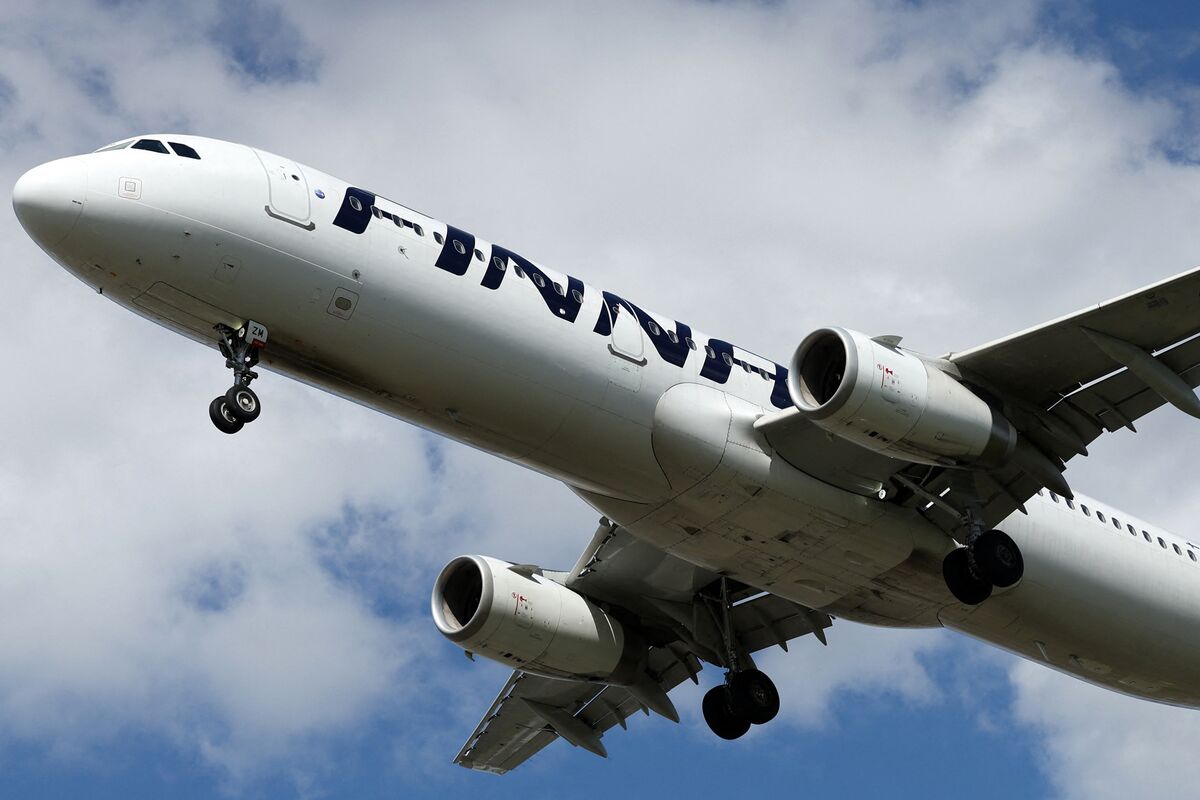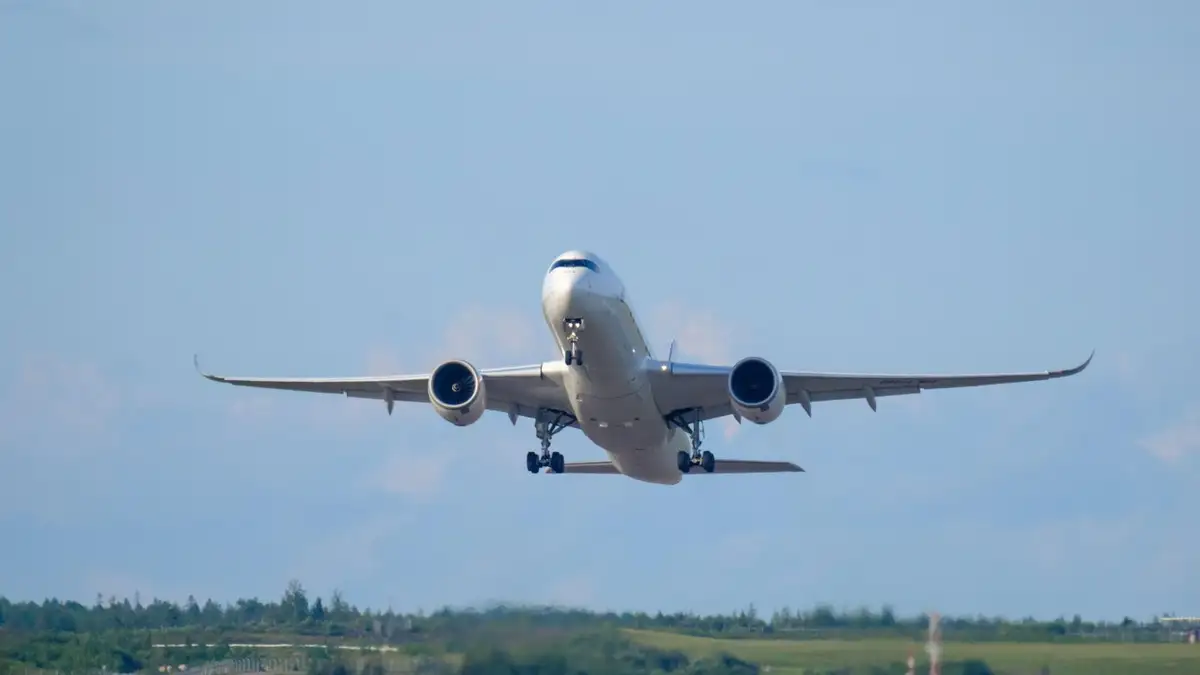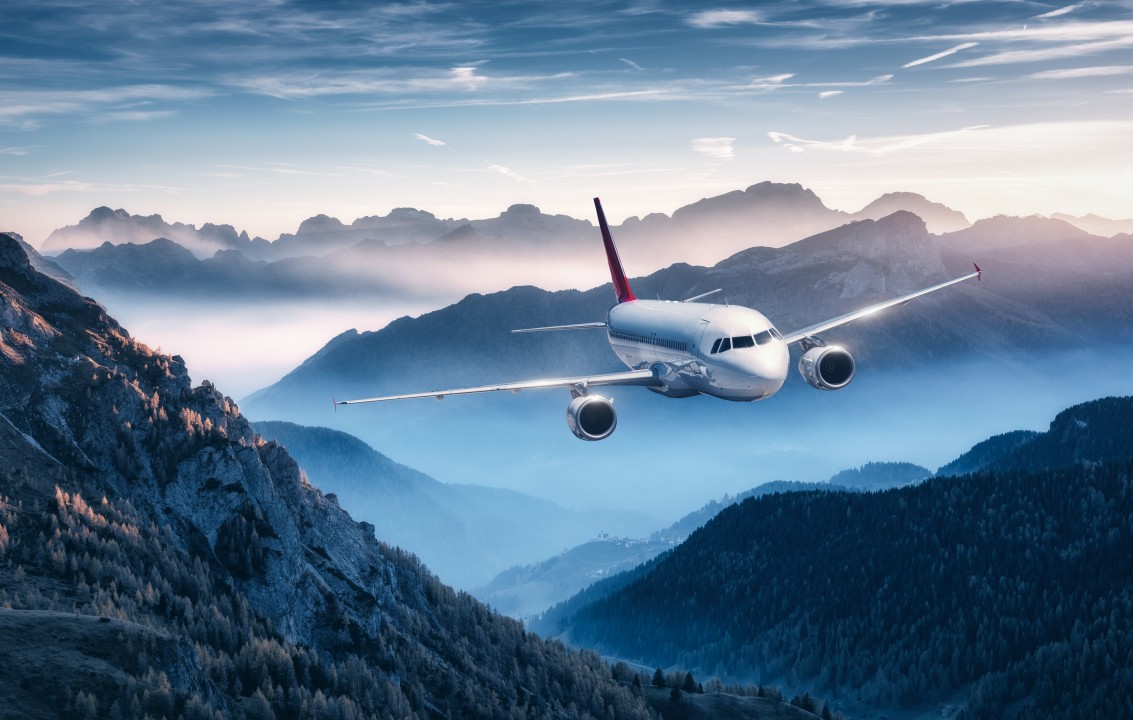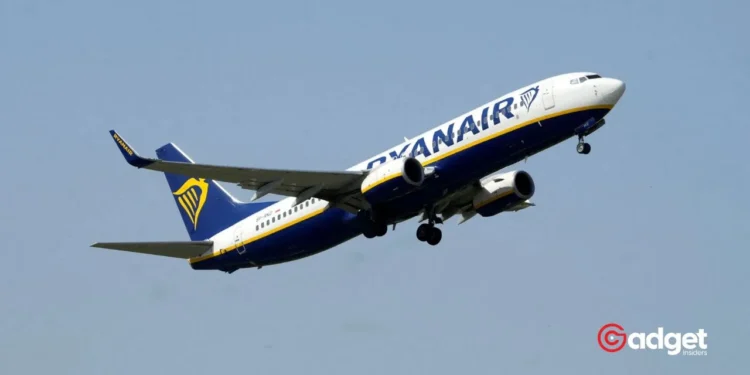In recent months, the skies above Europe have become a hotspot for disruptions in GPS navigation, affecting thousands of flights and posing complex challenges for airline operations and safety protocols. With over 46,000 aircraft experiencing GPS interference primarily over the Baltic Sea, the issue has escalated into a significant concern for both aviation authorities and airlines alike.

Suspected Russian Jamming Impacts Thousands of Flights
The core of the disruptions stems from suspected jamming activities, with a notable concentration of incidents reported in Eastern Europe, bordering Russia. According to data analyzed from flight logs on GPSJAM.org, more than 2,300 Ryanair flights, nearly 1,400 Wizz Air flights, 82 British Airways flights, and four easyJet flights have logged GPS problems since last August. This widespread interference affects not only the routine operations of these flights but also raises serious safety considerations.
The UK government highlighted the gravity of the situation when an RAF aircraft carrying Defence Secretary Grant Shapps experienced GPS jamming near the Russian Baltic exclave of Kaliningrad. While officials stated that the jamming did not compromise the safety of the flight, the incident was described by a defence source as “wildly irresponsible.”

Industry Response to GPS Jamming
In response to the growing threat, the International Air Transport Association and the EU Aviation Safety Agency (EASA) convened a summit to address the issues of GPS jamming and “spoofing”—the sending of false signals. EASA has reported a sharp increase in these incidents and declared countering this threat a high priority. Despite the heightened concerns, the UK’s Civil Aviation Authority (CAA) has sought to reassure the public and the industry.
Glenn Bradley, head of flight operations at the CAA, stated, “Aviation is one of the safest forms of air travel. There are several safety protocols in place to protect navigation systems on commercial aircraft. GPS jamming does not directly impact the navigation of an aircraft, and while it is a known issue, this does not imply an aircraft has been jammed deliberately.”
Finnair halts flights to Tartu, Estonia for a month following GPS disruptions that forced two flights to return to Helsinki last week. pic.twitter.com/tDcuDRunHK
— The European Correspondent (@EurCorrespond) May 3, 2024
Airlines Bolstering Resilience Against GPS Issues
Airlines are not sitting idle amidst these challenges. Ryanair, for instance, has noted an increase in intermittent GPS interference affecting all airlines. A spokesperson from Ryanair assured that their aircraft are equipped with multiple systems to pinpoint locations. “If any of the location systems, such as GPS, are not functioning, then the crew, as part of standard operating procedures, switch to one of the alternate systems,” the spokesperson explained. Similarly, an easyJet spokesperson emphasized the redundancy in their navigation systems, stating that there are “multiple navigation systems onboard commercial aircraft as well as procedures in place which mitigate against issues with GPS that can occur for various reasons.”

Navigating a Turbulent Future
As the situation develops, the aviation industry remains vigilant, continuously enhancing its operational protocols to ensure that GPS disruptions do not compromise flight safety. The ongoing incidents highlight the intricate and interconnected nature of modern aviation and the crucial need for robust systems to safeguard against the increasingly sophisticated challenges of GPS interference. With proactive measures and international cooperation, the industry aims to navigate these turbulent skies, ensuring the safety and reliability of air travel amidst the growing technological threats.









